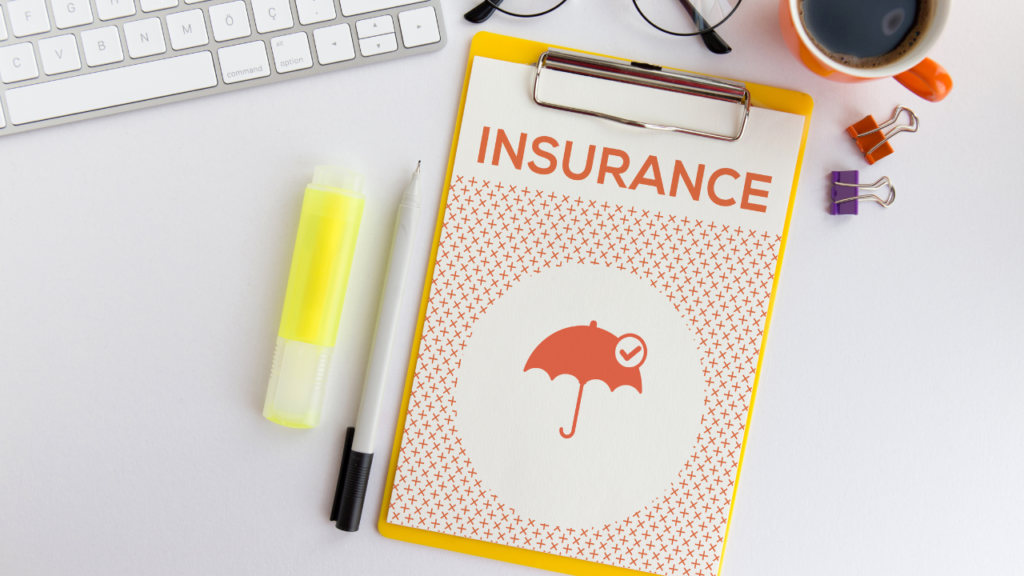
The basic goal of an insurance policy is to give financial stability. When you purchase an insurance policy, you are effectively transferring your risk to the insurance provider. The insurance provider then pays you for the loss if you are impacted by the covered risk.
There are several insurance plan types developed to meet each risk. The insurance coverage you select is determined by the risks you encounter. Nonetheless, to protect against unexpected events, appropriate insurance should be obtained early in life.
Even while certain forms of insurance might seem like an unnecessary expense, some are crucial. You seldom ever receive any advantage from paying those regular insurance payments. Though it doesn’t occur frequently, it happens occasionally.
INSURANCES YOU MIGHT CONSIDER PURCHASING:
Life Insurance or Term Insurance:
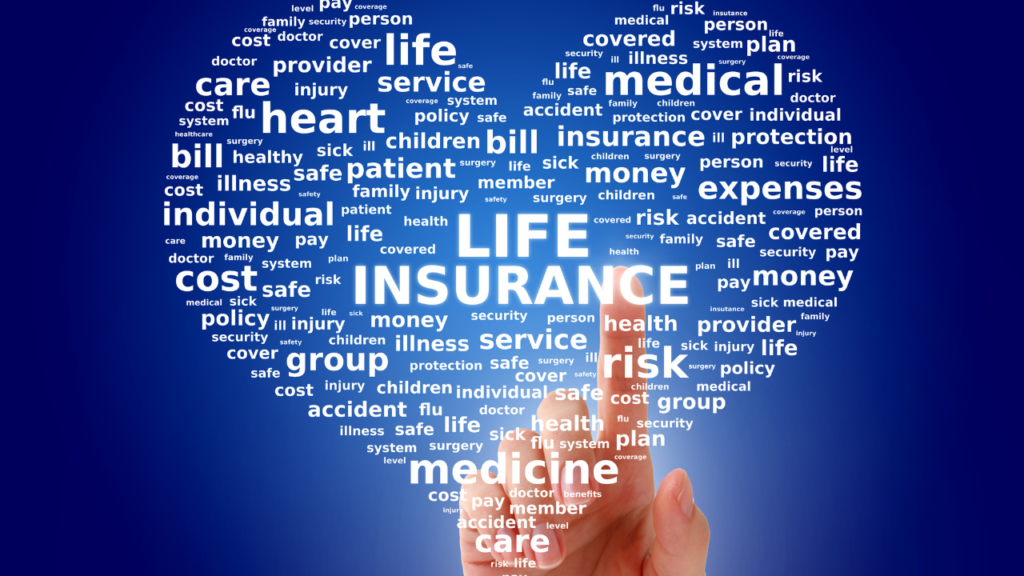
A term insurance policy is a type of life insurance that offers just protection. Premature death risk is covered by the insurance throughout the duration of the policy. So, having a term insurance plan is crucial since it will cover any financial losses your family may incur due to unforeseeable circumstances such as your death. Because term plan prices vary with age, purchasing the policy at a young age allows you to lock in reduced premiums. As term plans have modest premiums, you may choose a hefty sum secured for your family’s entire financial stability. The amount guaranteed is paid in the event of death.
Current term plans provide a lot of customizable options and are pretty detailed. You may evaluate the numerous term insurance options and create a plan that meets your coverage requirements.
It goes without saying that if anybody else depends on your income, you should consider having a life insurance or term insurance policy. The majority of employers provide some kind of affordable life insurance. Take that into consideration, and if you believe the sum assured provided by your employer is insufficient to meet your mortality risk, it is always preferable to purchase a second term insurance policy. In the end, your family will benefit from this insurance in the event of any unfortunate circumstances.
Health Insurance:
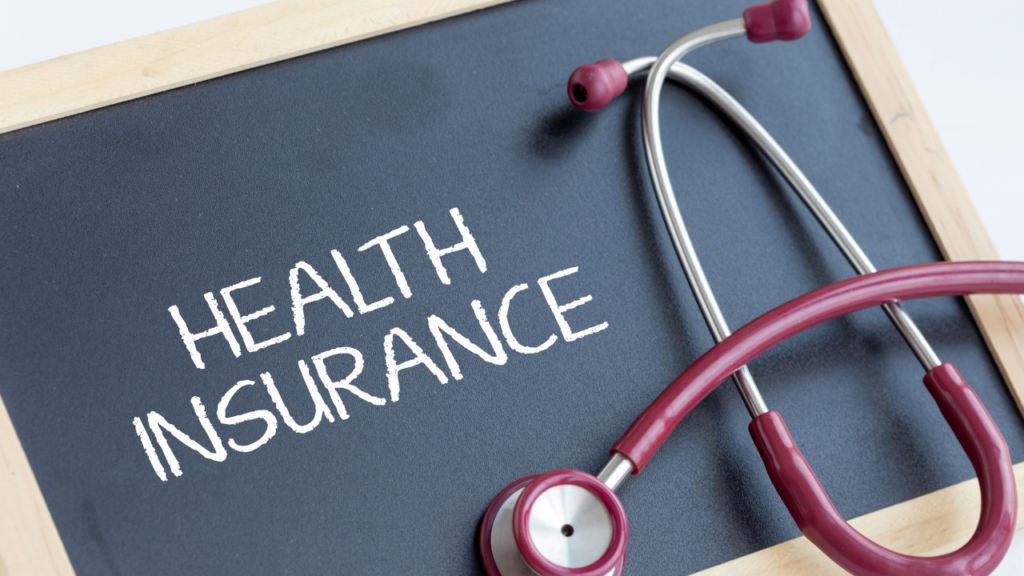
Unless your employer is exceptionally generous, health insurance is pricey. No matter your age, medical crises can occur when you least expect them to. Nonetheless, having health insurance is unquestionably necessary to cover the costs of a serious medical emergency. The majority of us are unable to afford the high hospital fees or extensive medical care. As a result, the health insurance coverage provides you with much-needed financial respite and covers the expense of medical care. Your age and present health will determine which plan is the most favourable.
You can modify your policy as per your coverage needs with optional features. Before purchasing the policy, you might wish to verify the hospitals that are affiliated with your provider and inquire about the hospital’s insurance-claim services. It is also critical to enrol your family members into the insurance plan by selecting a family floater plan.
Also, if you have aged parents who are more than 60 years old, then do consider including them into the family floater plan as well, and pay the additional premium, as aged parents are prone to frequent or sudden medical expenses.
Critical illness Insurance:
A critical illness policy is an addition to your health insurance, which covers the costs of hospitalization for critical diseases. Serious illness may affect people of any age. Hence it is prudent to strengthen your finances and be ready for unanticipated occurrences even when you are young.
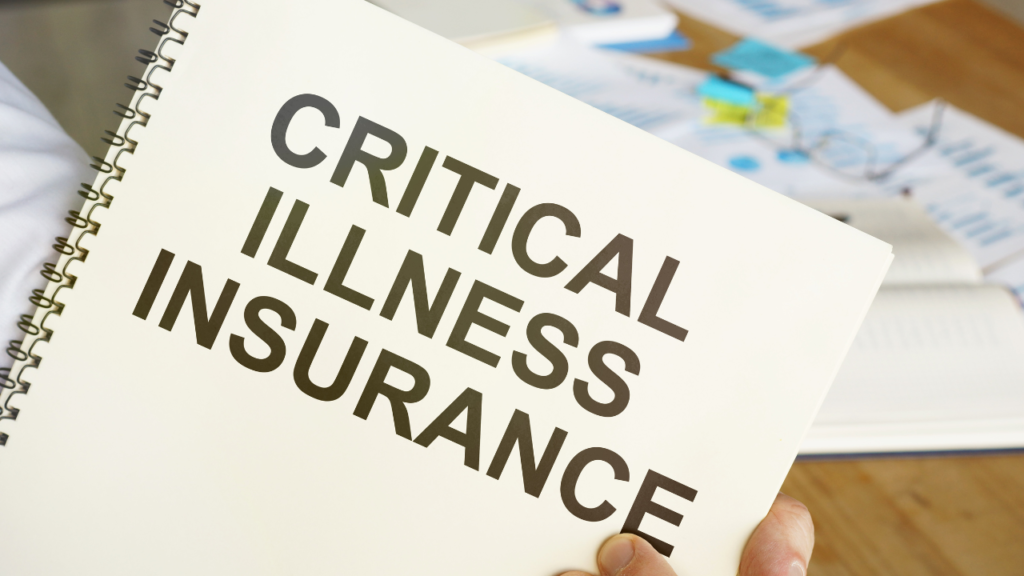
A list of serious diseases and difficult medical procedures are covered by critical illness insurance. The insurance coverage assists you in covering your medical costs if you experience any of the policy listed illnesses or receive the specified treatment for those illnesses. This insurance covers a wide range of ailments and pays the insured amount in one lump sum. With this money, you may receive any advanced medical care, pay for drugs, and even pay for certain pricey consultations. But before enrolling to this insurance policy, be sure to read the insurance offer document to ensure that you are familiar with the critical illness plan’s characteristics.
Difference between a Term Insurance and Personal Accident insurance:
A classic term insurance plan protects against life’s vagaries by allowing the policyholder’s nominees to collect the principal plan benefits, i.e. the sum guaranteed, if the policyholder dies within the plan period.
Personal accident insurance, on the contrary, is a restricted type of coverage option in which the policy holder’s nominees are only eligible to receive benefits in the event of the policy holder’s death or permanent disability as a result of an accident. One of the most fundamental differences between the two is that personal accident insurance does not cover natural deaths. But a traditional term insurance plan provides protection against all kinds of deaths – be it natural or accidental. This is when a personal accident insurance plan’s general restriction comes into play.
As a result, a term insurance policy is far more comprehensive than a personal accident policy. Yet, the death benefits provided by term insurance are restricted. In the case of personal accident insurance, coverage includes medical bills as well as impairments caused by the accident. In the absence of income loss due to the catastrophe, the compensation received as part of personal accident insurance can assist the policyholder meet his/her essential financial requirements. But this is not something covered by a term plan.
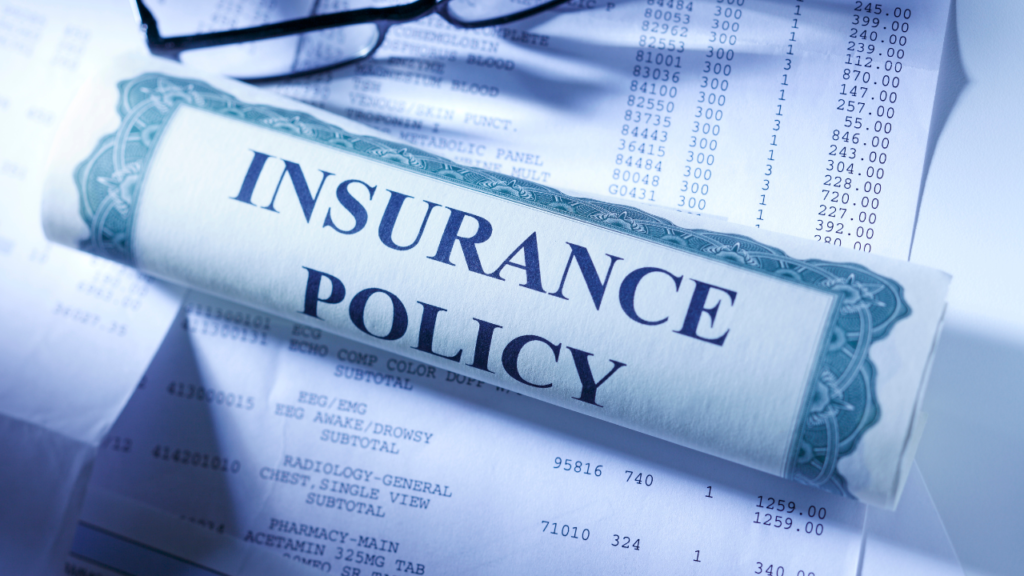
Hence, it is always essential to analyse your individual situation and pick which insurance is best for you and your family’s needs.
Holding all of these insurance plans might also be costly. You may be able to reduce your insurance costs by eliminating other forms of insurance that you are unlikely to require.
Insurances that you can consider avoiding:
Credit insurance – Credit insuranceis intended to reimburse your credit card payments in the event of your demise or disability. It may pay off all or a portion of your debts. This insurance is costly and sometimes unneeded. You’ll be alright if you have life and disability insurance. In any case, credit card balances are unsecured loans. That is the risk that credit card corporations are willing to accept.
Child Life Insurance – Life insurance is designed to cater for dependents. It is unlikely that your children will have any dependents. Rather, put the money into a college savings plan. If anything unforeseen occurs, they will still have funds accessible for their college or higher education fees.
Conclusion:
Insurance is an essential component of a safe financial status. It may appear to be a normal waste of money because you may never receive a reward, but this is not the case. Insurance is a low-cost method of risk management. You’ll be pleased you have it if you ever need it.

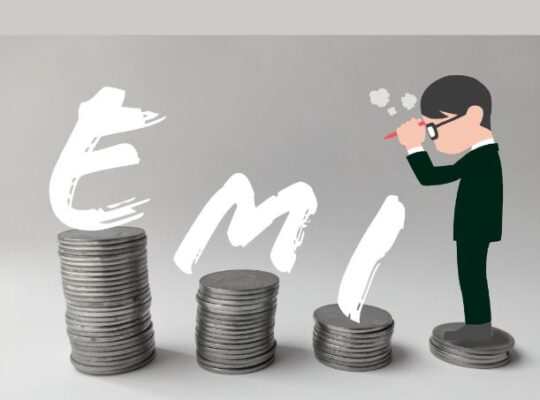


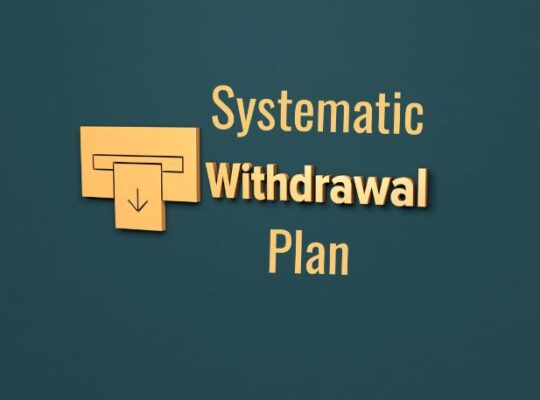

[…] If you would like to know more about the various types of insurance, then you can go through my another article in this link. […]